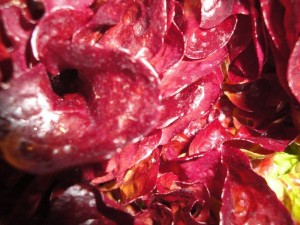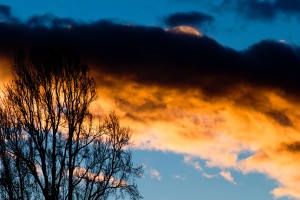 Space Cooperating is a space clearing modality that I invented in Seattle at my company, Alchemy West. Why? Because it was needed.
Space Cooperating is a space clearing modality that I invented in Seattle at my company, Alchemy West. Why? Because it was needed.
Space Cooperating helps connect people and their spaces by meshing the needs and wants of both people and their spaces.
That’s right. I intuitively talk with homes, businesses, and land to find out their needs and wants as I explain human needs and wants. Then I bring them together to negotiate solutions. Then Fallon and I clear the spaces with alchemical energy (it helps the people, too).
What happens? Property sells, remodels are easier, people solve business problems, people and their spaces work wonders together. Awesome.
It’s all about mindset. If you really believed you were equal to all life, instead of dominating it, you would ask what it needed and wanted. Wouldn’t you? Check out our video.
[youtube]https://www.youtube.com/watch?v=0o2IerVqLOc[/youtube]
© 2013 Robyn M Fritz
 This is where the Duwamish River Clearing Project starts. Where the real cleanup of the watershed draining into Puget Sound in Seattle starts. The river tells me it could take 300 years, from Mount Rainier to the sea.
This is where the Duwamish River Clearing Project starts. Where the real cleanup of the watershed draining into Puget Sound in Seattle starts. The river tells me it could take 300 years, from Mount Rainier to the sea.  Add it up! Take one amateur photographer. Discover fascination with brilliant red lettuce. Take up close and possibly way too personal photographs. Don’t make people guess what it is. Happy summer from Seattle.
Add it up! Take one amateur photographer. Discover fascination with brilliant red lettuce. Take up close and possibly way too personal photographs. Don’t make people guess what it is. Happy summer from Seattle.


